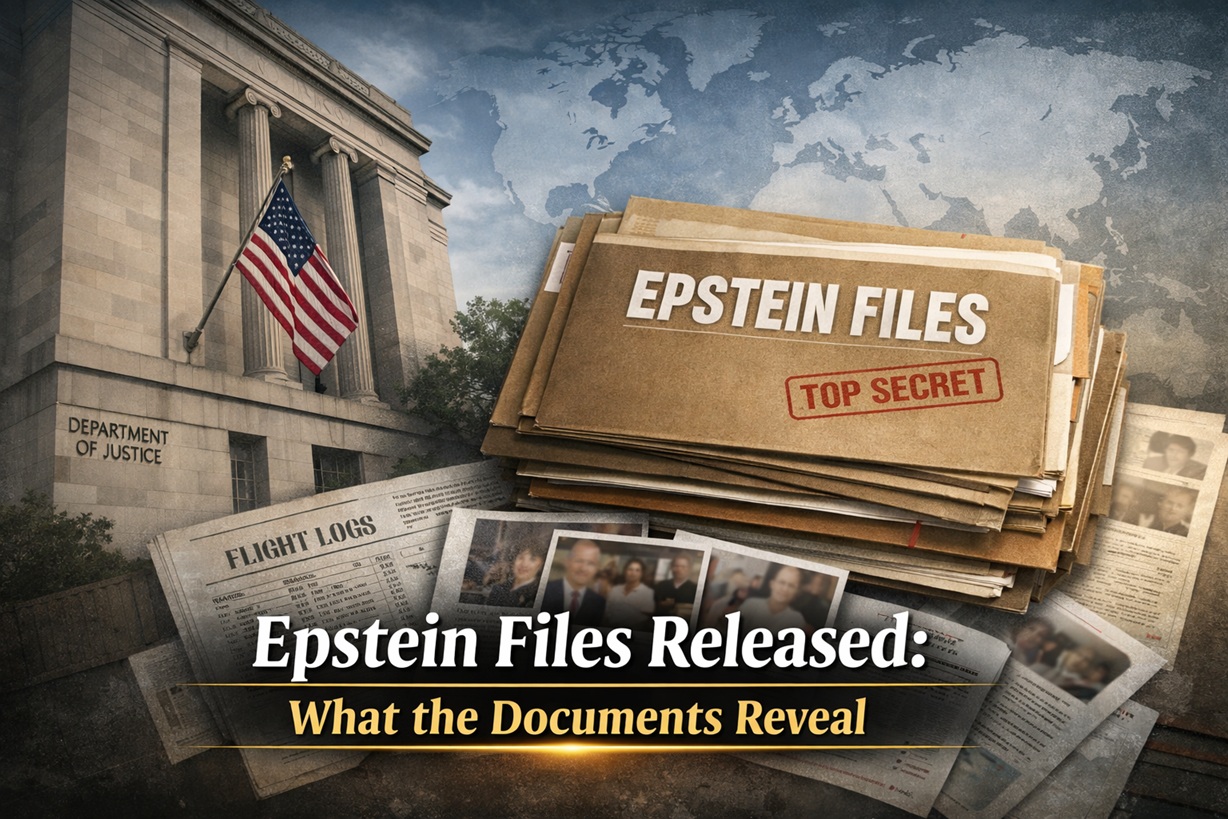The Comptroller and Auditor General (CAG) has revealed substantial irregularities in the now-scrapped excise policy of the Delhi government, resulting in an alleged revenue loss of ₹2,026 crores. This is the first time the financial impact of the so-called liquor scam has been quantified, and it comes at a politically sensitive time as Delhi heads towards elections. The revelations have created a storm in Delhi’s political landscape, with the Aam Aadmi Party (AAP) and its former Chief Minister, Arvind Kejriwal, facing mounting scrutiny.
The Controversial Excise Policy
The excise policy in question was introduced by the Delhi government in November 2021 with promises of transparency, increased revenue, and structural reforms in the liquor trade. However, it was scrapped in July 2022 after allegations of corruption and financial mismanagement surfaced. The policy aimed to replace intermediaries, introduce zonal licensing, and increase competition among vendors. Despite these goals, the policy allegedly resulted in revenue shortfalls and monopolistic practices that raised eyebrows across political and business circles.
According to the CAG report, the revenue generated during the implementation of the new policy fell significantly short of projections. The Delhi government had set an ambitious revenue target of ₹10,000 crores annually, but the actual earnings for the nine months the policy was in effect amounted to only ₹1,995 crores. The previous excise policy had generated higher revenue on average, making the shortfall even more glaring.
Key Findings of the CAG Report
Revenue Loss: The Delhi government suffered a loss of ₹2,026 crores due to the excise policy’s implementation. This loss was calculated based on a comparison with revenue trends from the old excise policy.
Favoritism in Licensing: The report highlighted monopolistic practices, where specific vendors and liquor brands were allegedly favored. This sidelined other manufacturers and vendors, raising questions about the policy’s fairness.
Profit Margins for Private Players: The policy allegedly doubled profit margins for liquor vendors, allowing them to reap windfall gains at the expense of public revenue. The CAG noted irregularities in how licenses were granted, suggesting possible collusion between private entities and government officials.
Unrealized Revenue Targets: Despite claims that the new policy would increase government earnings, revenue projections remained unmet. The policy’s abrupt rollback further highlighted its failure to achieve its stated objectives.
Audit Suppression: The BJP has accused the AAP government of delaying the presentation of CAG reports in the Delhi Assembly for over five years. This alleged suppression has fueled suspicions of a deliberate attempt to avoid scrutiny.
Political Fallout
The release of the CAG report has significantly escalated the political battle in Delhi. The BJP has seized the opportunity to attack Arvind Kejriwal and his party, accusing them of prioritizing personal and party gains over public welfare. They claim that the excise policy was a calculated move to benefit private entities close to the AAP, funneling illicit funds into election campaigns in states like Punjab and Goa.
BJP’s Allegations
The BJP alleges that over ₹100 crores from the liquor scam were funneled into AAP’s election campaigns.
They claim the policy created a monopoly by favoring specific vendors, reducing competition in the market.
They accuse Kejriwal of suppressing CAG reports to hide financial mismanagement and corruption.
AAP’s Defense
Arvind Kejriwal and the AAP have dismissed the allegations as politically motivated, asserting that the BJP is using the CAG report as an election tool. The party maintains that the policy was implemented transparently and claims there was no revenue loss. Kejriwal has accused the BJP of leaking the report to tarnish his party’s reputation ahead of the elections.
Enforcement Directorate and CBI Investigations
The Enforcement Directorate (ED) and the Central Bureau of Investigation (CBI) are actively investigating the liquor scam. Reports suggest that several high-ranking AAP leaders and private vendors are under scrutiny for alleged financial irregularities and embezzlement. The ED has claimed that money from the scam was laundered through various channels and used for electoral gains.
Notably, Vijay Nair, a close aide to Kejriwal and a key player in the AAP’s election strategy, has been accused of playing a central role in the alleged scam. Vendors and manufacturers have testified about being pressured to pay hefty commissions, with the proceeds allegedly diverted to fund political campaigns.
Impact on Elections
The timing of the CAG report’s release has added to its significance. With elections around the corner, the BJP has turned the liquor scam into a central campaign issue, questioning Kejriwal’s credibility as an anti-corruption crusader. Once seen as a symbol of transparency and good governance, Kejriwal’s image has taken a hit as allegations of corruption and mismanagement mount.
Public Sentiment
The public’s perception of the issue could play a decisive role in the upcoming elections. While some voters may continue to support the AAP due to its focus on education, healthcare, and subsidies, others may view the liquor scam as a betrayal of the party’s core values. The BJP is banking on anti-incumbency and the liquor scam to sway voters in its favor.
The CAG’s findings have put the AAP government under significant pressure, with opposition parties and investigative agencies intensifying their scrutiny. The alleged ₹2,026 crore loss to the exchequer has become a focal point of political discourse, raising critical questions about governance, accountability, and corruption in Delhi.
As investigations continue and election campaigns heat up, the liquor scam is likely to remain at the forefront of public debate. Whether the AAP can weather this storm or if it will lead to a political shift in Delhi remains to be seen. One thing is certain: the CAG report has brought the issue of governance and transparency back into the spotlight, reminding voters of the importance of accountability in public administration.







